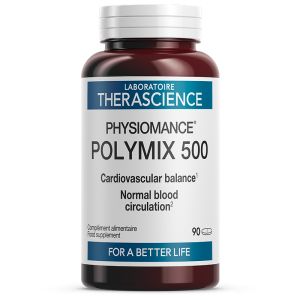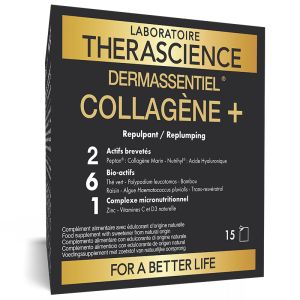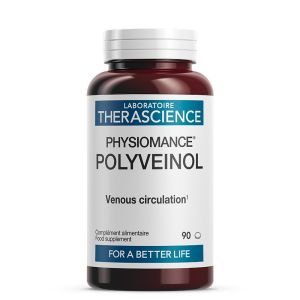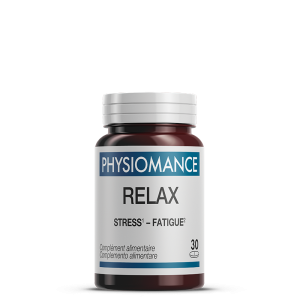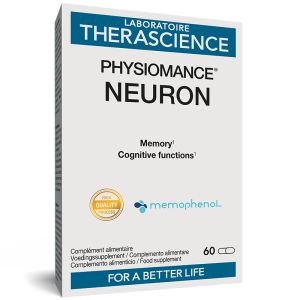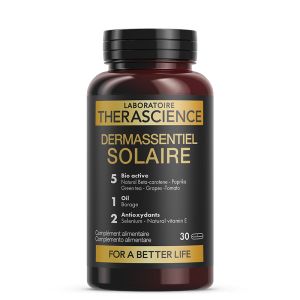
Grape
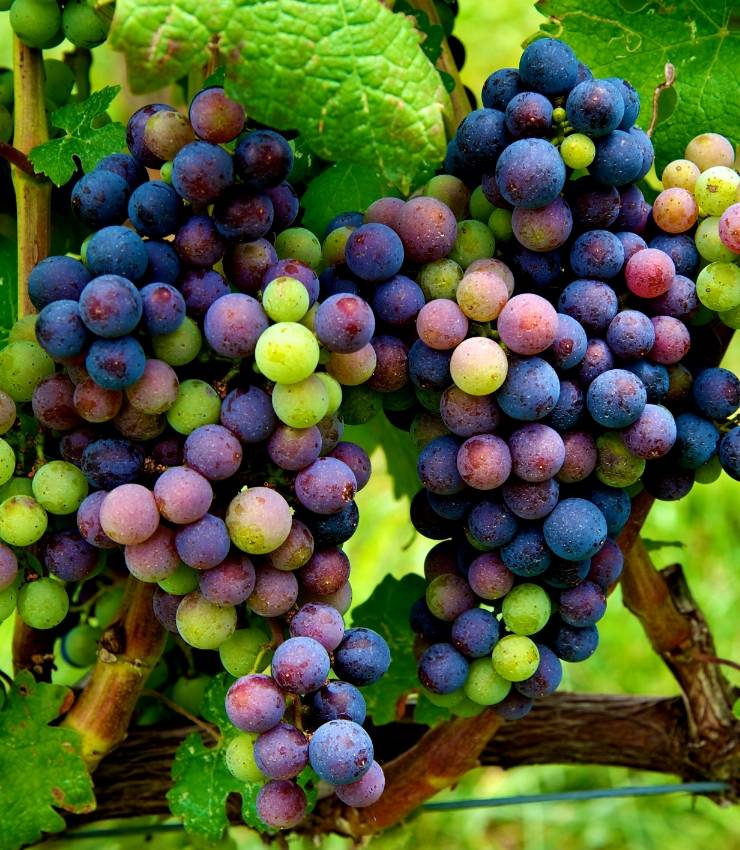
Latin name :
Vitis vinifera L.
Common Name :
Grape
Family :
Vitaceae
Origin :
Europe
Part of the plant used :
Fruit
Description
Known since ancient times and associated to Bacchus, the god of wine and vine in Greek mythology, the grape is the fruit of the red vine, Vitis vinifera, whose leaves turn red as autumn approaches.
The fruit and seeds of the grape are used in phytotherapy and are rich in antioxidant molecules. They contain a large number of molecules, including polyphenols such as quercetin, rutin and kaempferol, anthocyanidins, tannins and proanthocyanidols, also known as OPCs. These different antioxidant molecules contribute to the protection against free radicals, which are responsible for cell ageing.
OPCs have a protective effect on the blood vessels and an anti-inflammatory effect, particularly in cases of venous insufficiency.
Grapes are also known to contain resveratrol, a polyphenol that acts as a vascular protector. Resveratrol is at the origin of the "French paradox", a theory according to which the consumption of alcohol, and more particularly of red wine, would reduce the risk of cardiovascular disease. However, the abuse of alcohol is dangerous for health and should be consumed in moderation.
Grapes help to reduce bad cholesterol (LDL) in favour of good cholesterol (HDL), thus contributing to the prevention of cardiovascular disease. It is also a source of potassium, manganese and iron. While manganese is a cofactor involved in the functioning of enzymes, iron is involved in haemoglobin and in the transport of oxygen in the blood.
Grape polyphenols have also been studied for their effects on the brain, particularly in terms of memory, cognition, synaptic plasticity and neurogenesis, i.e. the production of new neurons, the number of which usually tends to decrease as we get older.
Benefits
Grapes are a natural drainer that also contributes to the proper functioning of the nervous system. It contains natural antioxidants, including proanthocyanidols (OPC), which protect cells against free radicals. They also help to maintain the integrity of blood vessels and capillaries to promote venous circulation. Furthermore, the presence of resveratrol contributes to good cardiovascular health and promotes good blood pressure.
THERASCIENCE specific features
For PHYSIOMANCE Neuron, THERASCIENCE Laboratory has selected the patented blueberry and grape extract rich in polyphenols, MémophénolTM, with clinically proven efficacy in improving learning, and short and long term memory.
Scientific publications
Grape is the subject of over 12 878 scientific publications.
The selection of our active ingredients is constantly guided by numerous scientific publications, based on randomised double-blind clinical studies versus placebo, in humans, guaranteeing a real scientific value. The doctors, pharmacists and engineers of the THERASCIENCE Laboratory have selected some of these publications for you :
- Bensalem, Julien et al. “Polyphenols From Grape and Blueberry Improve Episodic Memory in Healthy Elderly with Lower Level of Memory Performance: A Bicentric Double- Blind, Randomized, Placebo-Controlled Clinical Study.” The journals of gerontology. Series A, Biological sciences and medical sciences vol. 74,7 (2019): 996-1007 ;
- Haskell-Ramsay, C F et al. “Cognitive and mood improvements following acute supplementation with purple grape juice in healthy young adults.” European journal of nutrition 56,8 (2017): 2621-2631. doi:10.1007/s00394-017-1454-7;
- Sivaprakasapillai, Brahmesh et al. “Effect of grape seed extract on blood pressure in subjects with the metabolic syndrome.” Metabolism: clinical and experimental 58,12 (2009): 1743-6 ;
- Tomé-Carneiro, Joao et al. “Consumption of a grape extract supplement containing resveratrol decreases oxidized LDL and ApoB in patients undergoing primary prevention of cardiovascular disease: a triple-blind, 6-month follow-up, placebo-controlled, randomized trial.” Molecular nutrition & food research 56,5 (2012): 810-21.
Our products based on Grape
-
€48.00
-
€57.70
-
€43.20
-
As low as €12.10In stock
-
€50.90
-
As low as €20.00In stock











